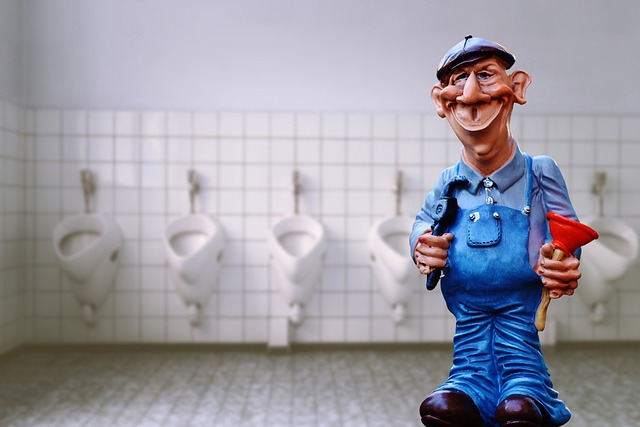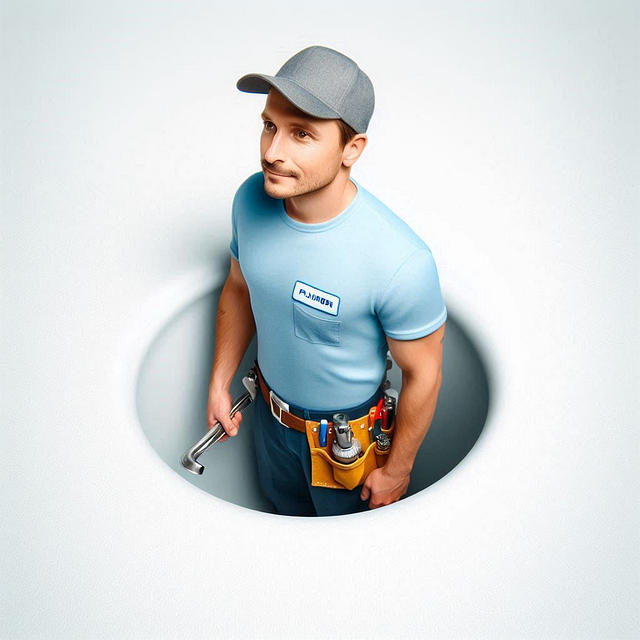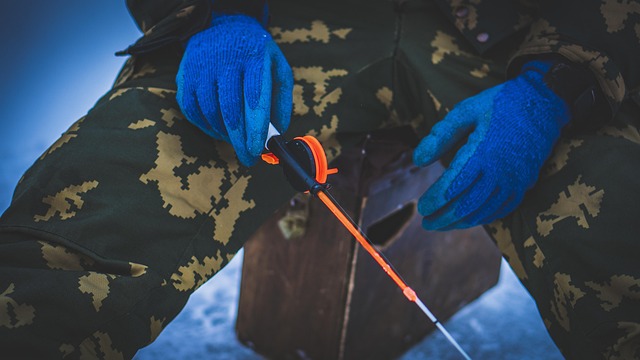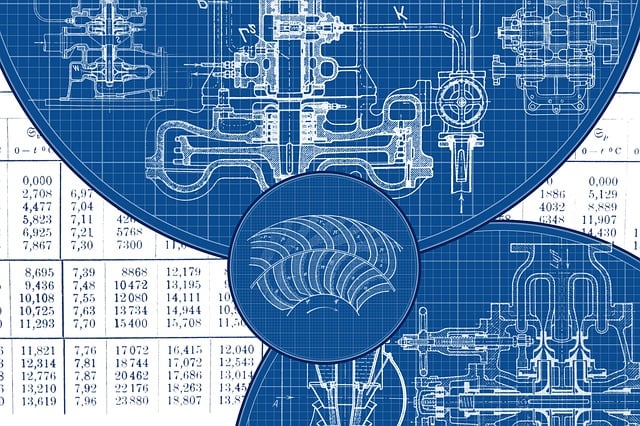Homeowners should prioritize basic plumbing maintenance to prevent costly repairs, reduce water damage, and ensure smooth operations. Regular inspections, timely maintenance (e.g., checking for leaks, cleaning drains), and familiarizing oneself with the plumbing system are crucial. Professional inspections by a qualified plumber offer expert advice on preventive measures and early identification of potential issues. Bi-annual plumber visits can help maintain the system's longevity, prevent clogs, bursts, and other emergencies, ultimately saving on repairs and water waste.
“As a homeowner, effective plumbing care is essential for maintaining a comfortable and safe living environment. This guide educates you on best practices, empowering you to become your own plumber’s assistant. Learn about fundamental plumbing maintenance routines to prevent costly repairs. We’ll explore preventive measures like regular checks and upkeep for pipelines, ensuring their longevity. Additionally, discover common plumbing issues and effective strategies to address them promptly.”
- Understanding Basic Plumbing Maintenance: What Homeowners Need to Know
- Preventive Measures: Regular Checks and Upkeep for Long-Lasting Pipelines
- Common Plumbing Issues and How to Address Them Effectively
Understanding Basic Plumbing Maintenance: What Homeowners Need to Know

Understanding basic plumbing maintenance is essential for every homeowner to ensure smooth operations and avoid costly repairs. Regular inspection and timely maintenance are key; checking for leaks, both visible and hidden, can prevent water damage and unnecessary expenses. Simple tasks like tightening loose pipes, cleaning drains of grease and hair buildup, and inspecting faucet washers for wear and tear can go a long way in maintaining efficient plumbing systems.
Homeowners should familiarize themselves with the basics of their plumbing system, including knowing where shut-off valves are located and how to turn them off during emergencies or maintenance. Regularly scheduling professional inspections by a qualified plumber is also beneficial; they can offer expert advice on preventive measures, identify potential issues early, and provide solutions tailored to your home’s specific needs.
Preventive Measures: Regular Checks and Upkeep for Long-Lasting Pipelines

Regular checks and upkeep are essential practices for any homeowner aiming to maintain their plumbing system’s longevity. Preventive measures, such as routine inspections, can help identify potential issues early on, preventing costly repairs or disruptions later down the line. A plumber recommends scheduling bi-annual check-ins to assess the overall health of pipes, fixtures, and appliances.
During these visits, homeowners should expect a thorough evaluation of water pressure, leak detection, and checking for any signs of corrosion or damage. Simple tasks like tightening fittings, replacing worn-out parts, or installing water-saving devices can contribute significantly to extending the lifespan of plumbing infrastructure. Proactive care ensures that pipelines remain efficient, reducing the risk of clogs, bursts, or other emergencies that may require urgent attention from a plumber.
Common Plumbing Issues and How to Address Them Effectively

Many common plumbing issues can be easily avoided with regular maintenance and proactive care. One of the most frequent problems is clogged drains, which can be caused by a buildup of grease, hair, and other debris. To address this effectively, homeowners should invest in a drain snake or plunger to clear obstructions. Regular cleaning with baking soda and vinegar can also help prevent clogs from forming.
Another common issue is leaking pipes, often stemming from worn-out fixtures, joints, or valves. Homeowners can extend the lifespan of their plumbing by periodically inspecting these areas for signs of corrosion or damage. Replacing worn components promptly, as recommended by a professional plumber, can save homeowners from costly repairs and water waste.
By implementing these best practices and staying proactive with plumbing care, homeowners can avoid costly repairs and maintain a well-functioning system. Regular maintenance, such as checking for leaks and clearing drains, is key to preventing common issues. When problems do arise, addressing them promptly with simple fixes or by calling in a professional plumber ensures a durable and efficient plumbing system. Stay informed and take control of your home’s plumbing health for a stress-free living environment.
